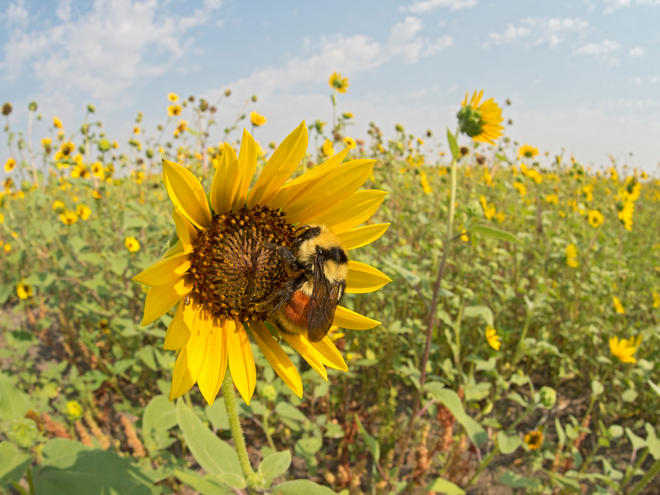
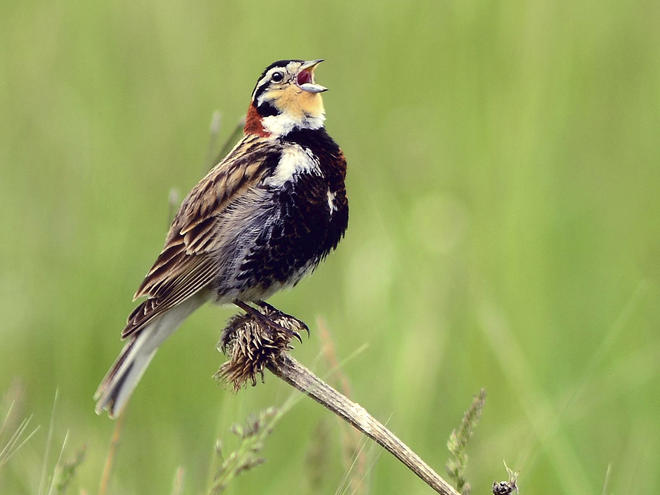
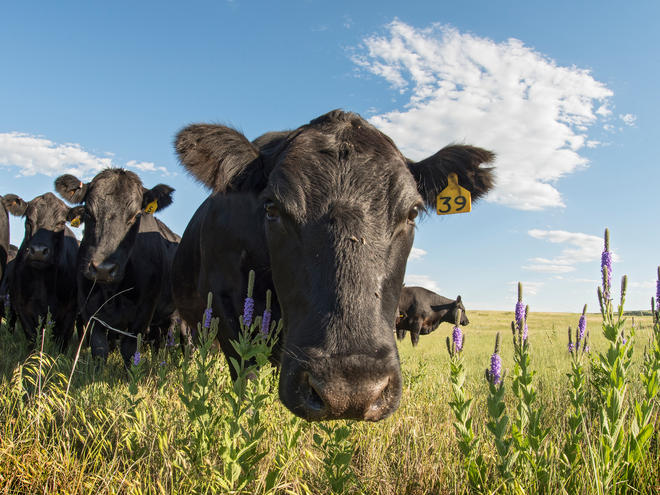
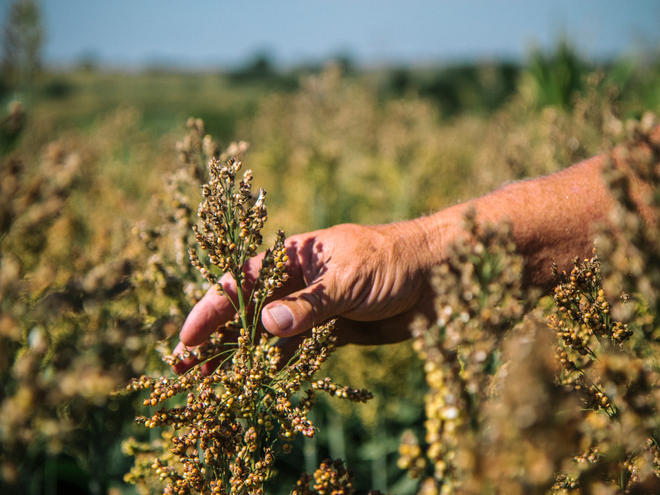
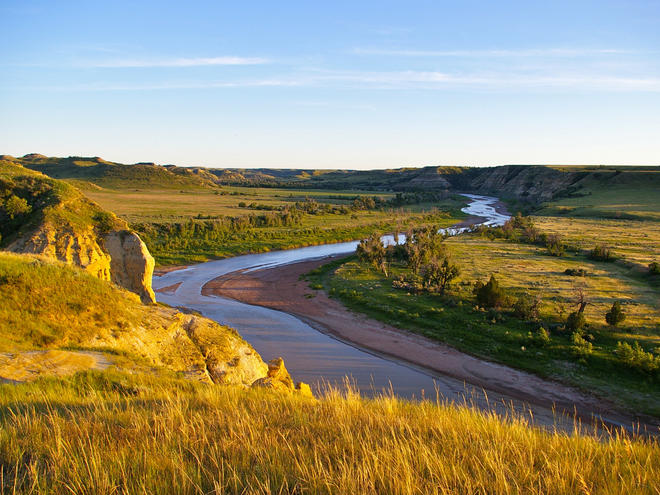
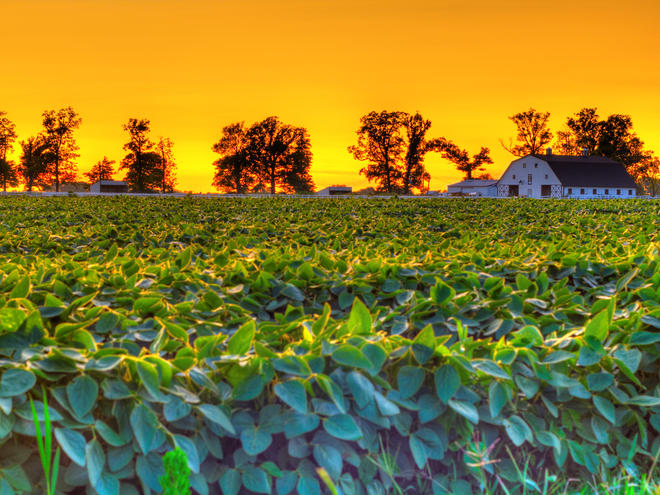
Right now, members of Congress are working out the final details of the 2018 Farm Bill, and the stakes for conservation are huge.
In addition to ensuring America’s farmers can provide food, fiber and fuel to hundreds of millions of Americans and many others around the world, the Farm Bill plays a critical role in conserving America's grasslands, protecting native species that live there, and preserving a rural way of life.
It’s important that the final version of Farm Bill include funding for robust conservation programs, align commodity and crop insurance programs with conservation, and incentivize protection of environmentally sensitive grasslands. Without those measures, we risk losing much of one of the last four intact grasslands in the world.
If Congress passes a Farm Bill that rolls back existing environmental protections and decreases funding by nearly $800 million for conservation programs, Americans risk losing critical ecosystems and economic resources:
1. Wildlife Diversity
When grasslands are plowed or mismanaged, wildlife and plant diversity is lost. Large, healthy grasslands are fundamental to many species including pronghorn, black-footed ferrets, and native pollinators such as bumble bees. Grassland birds, such as chestnut-collared longspurs and lark buntings, are among the fastest-declining bird species in the United States. They nest in prairie grasses, using them as camouflage, and relying on the insects they host for food. The Farm Bill is an opportunity to invest in programs and policies that conserve grasslands and increase biodiversity on working lands across the US.
2. Resilient Land
Growing demand for food and feed puts pressure on farmers and ranchers to use more natural resources that are already strained, like soil and water. Healthy soil helps the land store more carbon and build up nutrients that make it more fertile and resilient. As extreme weather becomes more commonplace across the United States, intact grasslands and conservation practices on farms and ranchland can help soil store and retain water, which helps during floods and droughts alike. We can help farmers and ranchers improve the food system through investments in on-farm conservation and a farm safety net that incentivizes sustainable production.
3. Thriving Rural Communities
People, plants, and wildlife make the Great Plains unique. The Farm Bill offers an opportunity to support rural communities and invest in the conservation of wildlife, their habitats, and other natural resources.
4. Clean Water
The Northern Great Plains form a large part of the Missouri River Basin, which is "the life zone" of the larger Mississippi River Basin. WWF calls this region the life zone because it is made up of largely intact grasslands, which absorb rain like a sponge and keep it from running off into waterways along with soil, sediment, fertilizers, pesticides, and other compounds that endanger aquatic wildlife in rivers, lakes and even all the way down in the Gulf of Mexico. Grassland-friendly policies in the Farm Bill can help to preserve this vital ecosystem. Protecting threatened grasslands can save the same amount of water that's used by 11.6 million households a year.
5. Sustainable Food Production
Farmers and ranchers across the country can use on-farm conservation practices to improve soil health and water quality. While millions of bison used to roam the grasslands, today ranchers often use cattle to provide a similar service—breaking up soil, pruning grasses, and fertilizing the land. The Farm Bill's conservation programs create incentives to keep grasslands intact while also helping farmers and ranchers carry out more sustainable practices that support biodiversity on working lands across the country.
Published April 25, 2018 at 05:00AM
No comments:
Post a Comment